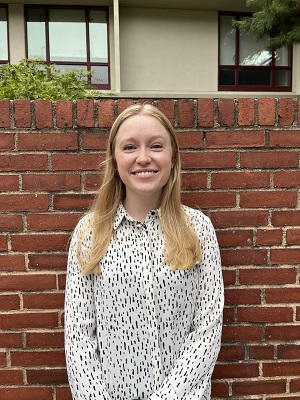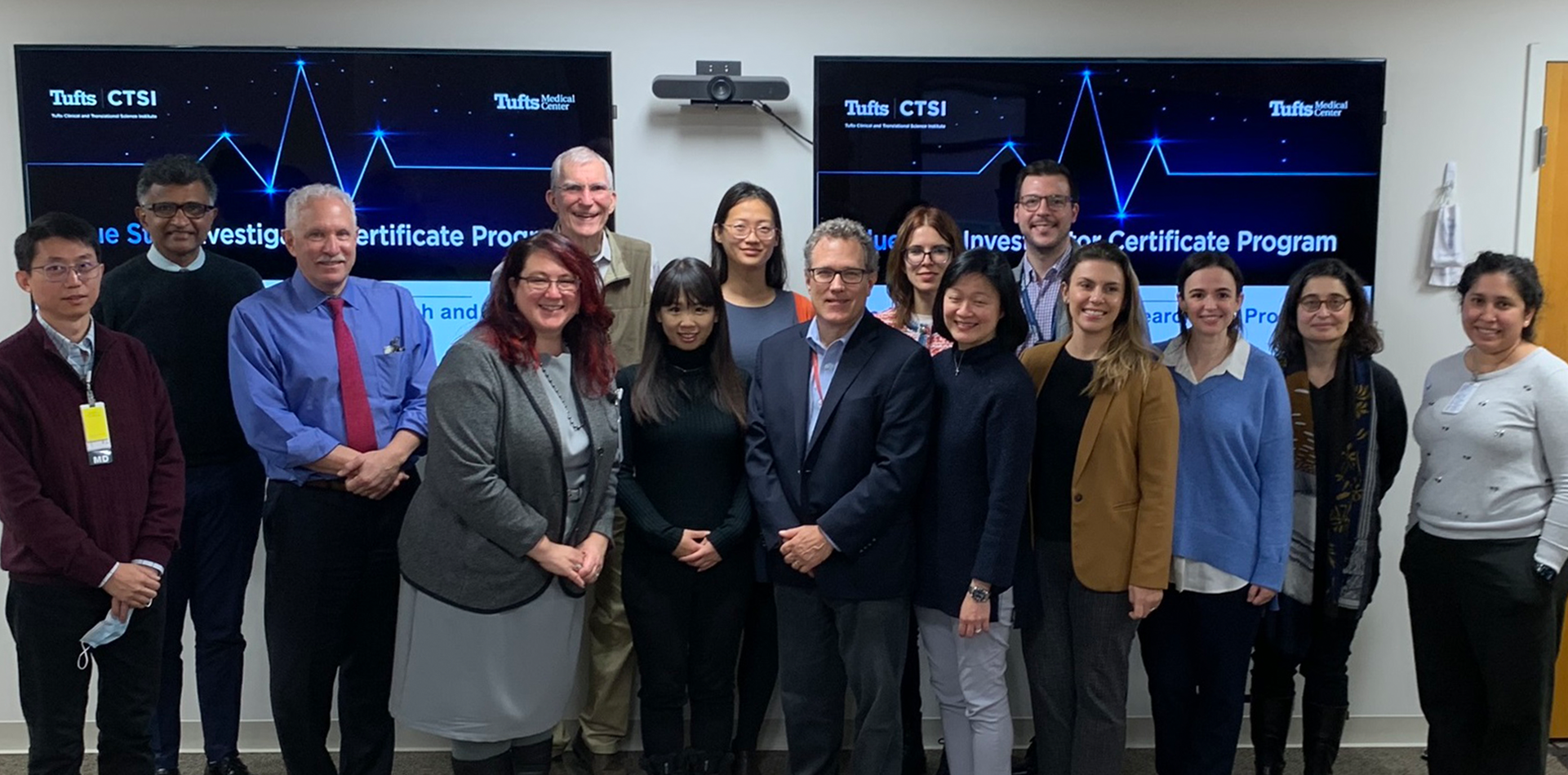Interested in optimizing the health of humans, animals, and the environment through an innovative and integrative, interdisciplinary approach to education, research, and practice?
Want to meet collaborators and develop grant proposals?
Join Tufts CTSI for One Health Symposium Plus on Monday, October 7 at Tufts University’s Health Sciences Campus in Boston. This interactive event will focus on new research project ideas with the goals of assisting teams to develop research project proposals for future grant submissions and engaging all event participants in team science approaches to further catalyze research ideas.
By the end of this interactive symposium, event participants will be able to:
- Recognize how research teams develop research projects, from concept toward a written funding proposal.
- Identify Tufts CTSI team-based translational science resources that can help advance a research project.
- Articulate the value of gathering peer and expert feedback during the development of a fundable proposal.
Details
Monday, October 7, 2019, 9:00AM-1:00PM
Tufts University School of Dental Medicine, Room 1415 (14th floor)
1 Kneeland Street, Boston MA
Registration
To attend, please register here by October 2, 2019.
Agenda
- 9:00AM: Registration
- 9:30AM: Introduction
- 10:00AM: The Urban Lead Burden in Humans, Animals, and Plants
- Research team:
- Ronnie Levin, MA, Visiting Scientist, Harvard T.H. Chan School of Public Health
- Marieke Rosenbaum, DVM, MPH, MS, Research Assistant Professor, Cummings School of Veterinary Medicine at Tufts University
- Carolina L. Zilli Viera, PhD, Research Fellow, Harvard T.H. Chan School of Public Health
- Research team:
- 10:30AM: CAAN: Canines for Autism Activity and Nutrition
- Research team:
- Deborah Linder, DVM, DACVN, MS, Research Assistant Professor, Cummings School of Veterinary Medicine at Tufts University
- Christina Mule, PhD, Pediatric Psychologist, Tufts Medical Center; Assistant Professor, Tufts University School of Medicine
- Aviva Must, PhD, Chair of Public Health and Community Medicine, Tufts University School of Medicine
- Sara Folta, PhD, Associate Professor, The Friedman School of Nutrition and Science Policy, Tufts University
- Sean Cash, PhD, Associate Professor, The Friedman School of Nutrition and Science Policy, Tufts University
- Research team:
- 11:00AM: Introduction to Breakout Sessions
- 11:15AM: Lunch
- 11:30AM: Working Lunch: Breakout Groups
- Levin, Dental 1415
- Linder, Dental 1414
- 12:45PM: Debrief Breakout Sessions, Next Steps, Evaluations, & Adjourn



